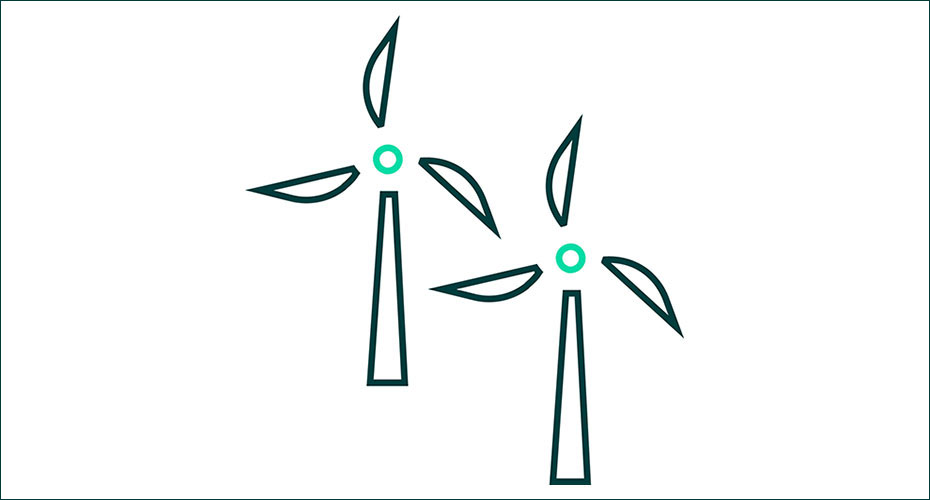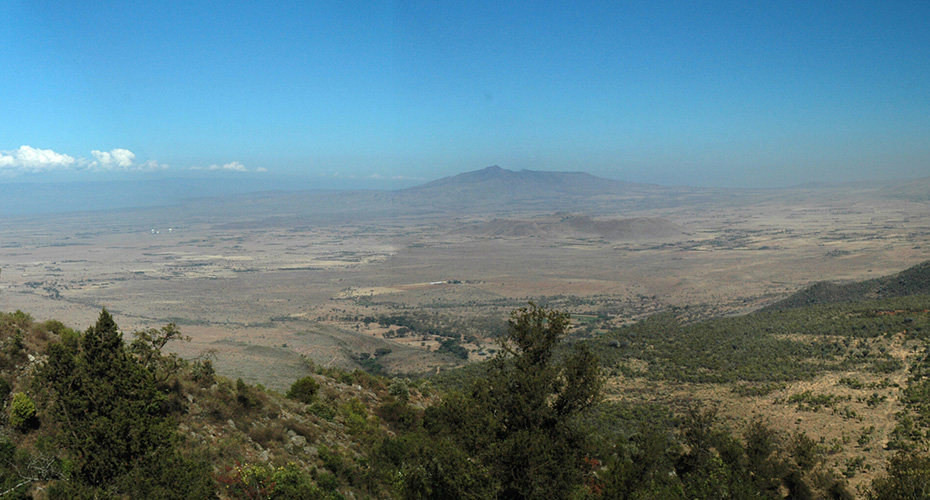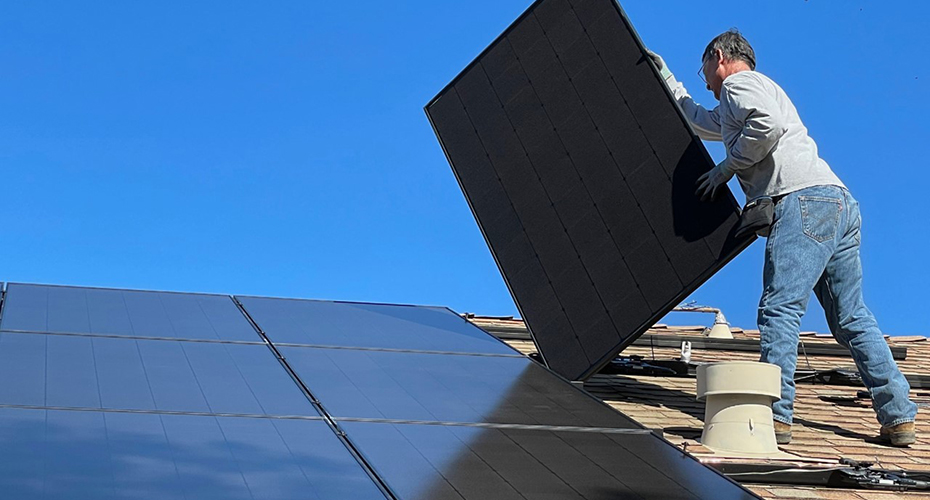The Institute’s aim is to identify the novel global processes, structures and goal functions that Gaia 2.0 could embody, to explore the trajectories it could follow, and to map out the tipping points that could take us between trajectories. This must be grounded in a systemic understanding of the drivers, feedbacks and manifestations of global change in both the human and non-human world.
We aim to better predict global changes through understanding the interactions between the climate, natural ecosystems, human social and economic systems, and the built environment. This will require advancing the state of the art in modelling the Earth system and its sub-systems, including social, economic and engineered (social-ecological) systems. It also requires the full range of experimental, observational, engineering and action research across disciplines. Rather than study these systems just to understand the problems they face, we will apply that understanding and modelling capability to identify transformative solutions to the global challenges faced by humankind, providing societies with an appraisal of the options to create a better future together.












